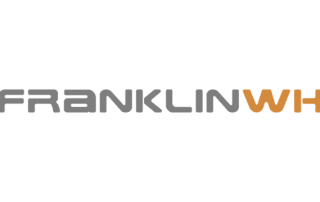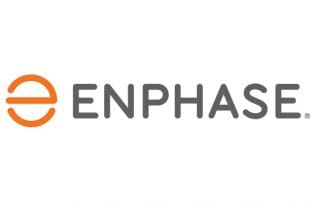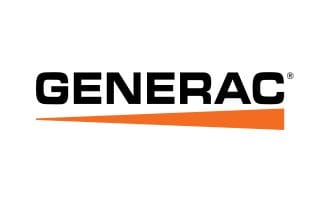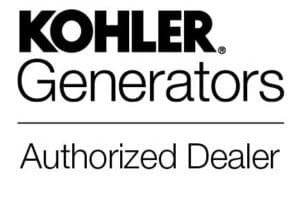Solar Incentives
One of the biggest hurdles to solar energy is the upfront cost of installing solar panels. However, since solar energy is a positive for the homeowner, the local Arizona climate, and the global environment, there are many financial incentives available to those looking to reduce their future energy costs and their carbon footprint.
Here at SouthFace Solar, helping our fellow Arizonans save on their solar installation costs is included in our job description! We’ll help you maximize your savings with incentives like the federal solar tax credit so you can get the best deal on solar panels.
Residential Solar Incentives
When you buy residential solar panels in cash or finance your installation with a solar loan, you’ll be eligible for solar incentives. Incentives reduce the upfront cost of your installation so you can break even faster and save more money with solar throughout your system’s lifespan. Solar leases and Power Purchase Agreements don’t qualify for solar incentives, which is one of the many reasons why it’s always best to own your solar panels.
Arizona State Tax Credit for Solar Energy Devices
Arizona residents who install solar panels are eligible for a state tax credit in addition to the federal solar tax credit. The Arizona state solar tax credit is worth 25% of your installation costs, up to $1,000.
Solar Equipment Sales Tax Exemption
Arizona provides a sales tax exemption for solar energy equipment, which means you don’t have to pay sales tax on your solar installation (some costs may not qualify for the exemption). Considering sales tax is 5.6% in Arizona, the exemption saves you a significant amount on your overall solar costs.
Energy Equipment Property Tax Exemption
Solar panels can increase the value of your home but they won’t increase your property taxes! Arizona offers a property tax exemption for solar energy devices and any other device or system designed for the production of solar energy for on-site consumption. For property tax assessment purposes, these devices are considered to add no value to the property.
Commercial Solar Incentives
Commercial solar energy systems are eligible for excellent tax benefits and incentives.
Investment Tax Credit
Commercial solar installations are eligible for a 30% federal tax credit, known as the Investment Tax Credit (ITC). If your project meets certain labor and location requirements, you may be eligible for bonus credits that increase the value of the tax credit. Non-profit and tax-exempt organizations can benefit by selling their credit or opting for a direct payment.
Modified Accelerated Cost Recovery System (MACRS)
MACRS is a depreciation method that allows the capitalized cost of an asset to be recovered over a specified period via annual deductions. Commercial solar panels qualify for a 5-year cost recovery period. Commercial solar energy systems are also eligible for bonus depreciation. In 2024, businesses can elect to claim a 60% bonus depreciation for commercial solar panel installation. The percentage of qualifying equipment that can be expensed will drop 20% a year until it reaches 0% in 2027. If you’re thinking about installing commercial solar, now is the time!





